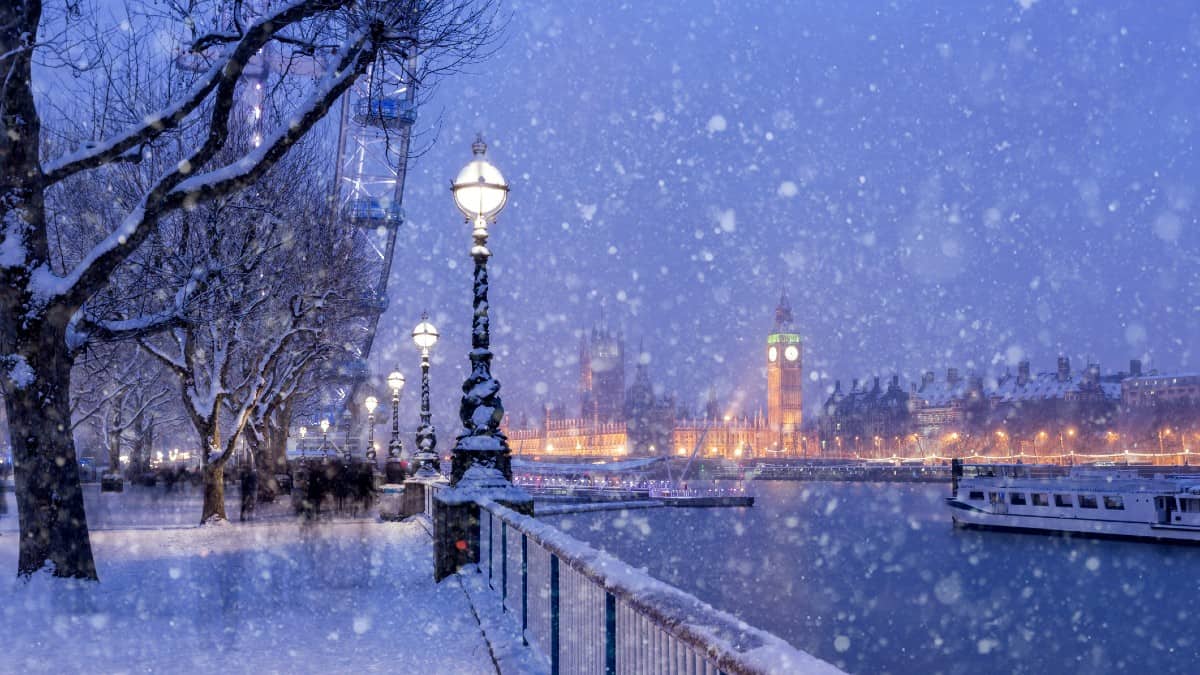Sustainable festivities are a fashionable and worthy goal this year. That doesn’t have to mean splashing out on expensive eco-friendly products, presents and groceries. It’s possible to take care of the environment and your money at the same time.
Keeping your savings intact while you have a greener, cheaper Christmas is just a question of shopping less, or differently. Buying environmentally friendly versions of the same things will cost much more, but by tweaking some seasonal traditions, you can avoid overspending on your credit card this year.
[top_pitch]
Cheap and green Christmas décor
The Christmas tree tradition began in Germany in the 16th century and is now a universal symbol of a family Christmas. However, for many years before that, it was the custom to decorate homes with all kinds of greenery at the Winter Solstice, as a reminder of spring.
So, if you want to be really traditional – and save some money – grab some evergreen branches from the garden and decorate every room for nothing.
Eco-friendly, economical Christmas food
There’s no doubt that a vegetarian menu will cost around a third less. It is traditional to overindulge at Christmas, but it is also customary to fast throughout advent. Therefore, having a meat-free or frugal grocery budget during December could pay for all the treats on Christmas Day.
Locally grown and seasonal veg is the way to go for your Christmas meal. Food miles add to the environmental impact and the price of your shopping basket. Fruit and vegetables grown out of season in heated greenhouses are expensive and have a larger carbon footprint.
Christmas cheer
Stocking up on spirits for the festive season, with mixers in plastic bottles, can get you in the party mood. Unfortunately, spirits like gin, whisky, vodka and rum are costly. Not only that, the distilling process is perhaps the least environmentally friendly way to manufacture an alcoholic drink.
In the UK, the cheapest, greenest choice is cider or perry. Beer is the next best choice. If you can make your own wine from homegrown or foraged fruit, even better!
Both wine and cider can be served mulled as a warming Christmas tipple.
Green Christmas wrapping and cards
Unwrapping presents is fun for kids, but you don’t have to spend a fortune on eco-friendly paper. It’s even more fun decorating plain brown paper which is reusable and recyclable.
It became customary to send Christmas cards in the Victorian era, a very long time before the telephone and social media. Perhaps the Victorians and Edwardians would be surprised that Christmas cards are still a thing when it costs much less and is so much more eco-friendly to send a message or make a phone call.
[middle_pitch]
Christmas presents
The eco-friendly version of a gift is often much pricier. Cosmetics, toiletries and clothes will be made from natural organic products, for example. Some green products retail at inflated prices due to economies of scale or the desirability of the green label.
It benefits the environment and your wallet to buy less, not more, even if the gifts are ‘sustainable’.
Do adults really need lots of Christmas presents? Letting people know that you don’t want any gifts this year means that you don’t have to buy them one either. This saves you money but it also reduces overall consumption. After last year’s Christmas lockdown, it’s the company of friends and family that matters.
It’s hard to disappoint children if there’s something they really want, but these purchases can be offset by cutting back on buying for adults.
Christmas cracker green alternatives
Let’s face it, Christmas cracker contents are always a bit disappointing, and then there is all the waste to clear up. Crackers marketed as environmentally friendly cost much more than a box of standard crackers from the supermarket.
One sustainable alternative is little reusable bags or boxes that can be filled with small gifts or treats and a handwritten joke.
Christmas memories
Memorable Christmas family traditions can save money and the planet: a family walk, making homemade gifts, a game of Monopoly or charades, and, if we are lucky, a snowball fight.







